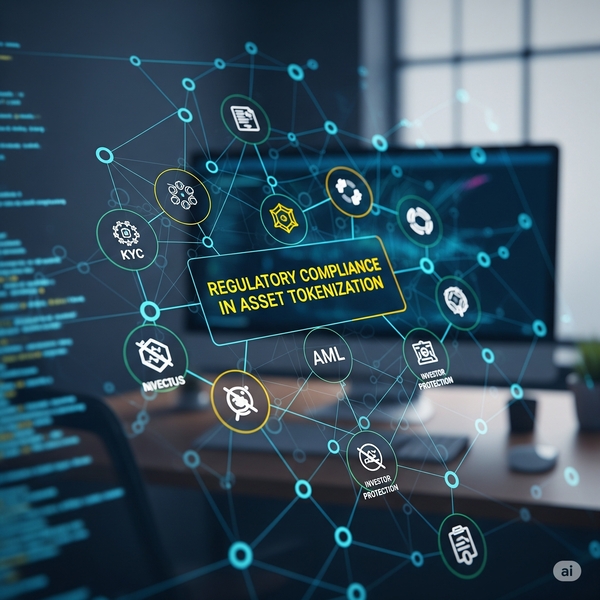Building Trust in Decentralized Finance

As decentralized finance continues to reshape the financial landscape, building trust becomes paramount for widespread adoption and sustainable growth.
The Trust Challenge in DeFi
Decentralized finance represents a paradigm shift from traditional financial systems, offering unprecedented transparency and accessibility. However, this new frontier also presents unique challenges in establishing trust without centralized authorities.
The absence of traditional intermediaries means that trust must be built through different mechanisms - smart contracts, community governance, and transparent protocols. This fundamental shift requires both technological innovation and cultural adaptation.
Transparency as a Foundation
One of DeFi's greatest strengths lies in its inherent transparency. Every transaction, every smart contract interaction, and every governance decision is recorded on the blockchain for all to see. This level of transparency was previously impossible in traditional finance.
However, transparency alone is not sufficient. The complexity of smart contracts and the technical nature of blockchain technology can create barriers to understanding for many users. Bridging this gap requires clear communication and user-friendly interfaces.
Smart Contract Security
Smart contracts serve as the backbone of DeFi protocols, automating financial operations without human intervention. The security and reliability of these contracts are crucial for building trust in the ecosystem.
Rigorous auditing processes, formal verification methods, and bug bounty programs have become standard practices in the industry. These measures help identify and address potential vulnerabilities before they can be exploited.
Community Governance and Decentralization
True decentralization involves distributing decision-making power among community members rather than concentrating it in the hands of a few. This democratic approach to governance helps build trust by ensuring that no single entity can unilaterally control the protocol.
Governance tokens enable stakeholders to participate in important decisions, from protocol upgrades to treasury management. This participatory model aligns incentives and creates a sense of shared ownership among users.
Regulatory Compliance and Legal Clarity
As DeFi matures, regulatory compliance becomes increasingly important for building institutional trust. Clear regulatory frameworks provide certainty for both developers and users, encouraging broader adoption.
Proactive engagement with regulators and compliance with existing laws demonstrates the industry's commitment to operating within established legal frameworks while pushing for innovation-friendly policies.
Education and User Experience
Building trust in DeFi requires educating users about the technology, its benefits, and its risks. Clear documentation, intuitive interfaces, and comprehensive support resources help users make informed decisions.
The user experience must be seamless enough to attract mainstream adoption while maintaining the security and decentralization that make DeFi valuable. This balance is crucial for long-term success.
The Path Forward
Building trust in decentralized finance is an ongoing process that requires continuous effort from all stakeholders. As the technology matures and regulatory frameworks develop, we can expect to see increased institutional adoption and mainstream acceptance.
The future of DeFi depends on our ability to maintain the core principles of decentralization and transparency while addressing the practical concerns of security, usability, and compliance. By focusing on these areas, we can build a financial system that is both innovative and trustworthy.

Rob Gallo
Co-Founder & CEO
A seasoned crypto and tokenization expert with over 25 years experience in gaming and fintech sectors. Rob brings deep operational expertise, a proven track record of building scalable platforms, and a sharp eye for emerging asset classes.
Related Articles

Understanding Regulatory Compliance in Asset Tokenization
Navigate the complex regulatory landscape of tokenized assets with our comprehensive guide...
Read More →
Secondary Markets: Unlocking Liquidity for Tokenized Assets
Explore how secondary markets are revolutionizing liquidity for tokenized real-world assets...
Read More →